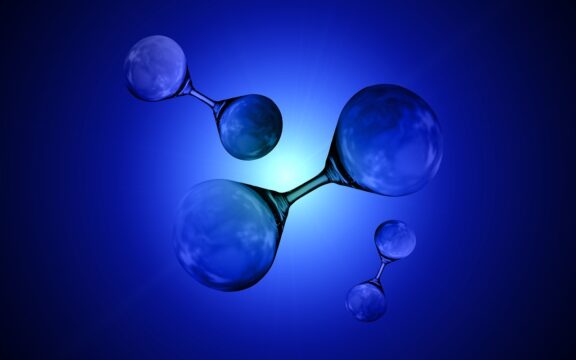Andreas Ten Cate holds the position for Program Director System Integration at ISPT. As one of the longest sitting colleagues at ISPT – over 10 years – Andreas had built extensive knowledge on everything sustainable industry-related. From heat, to water to energy; Andreas has worked on almost every front.
His experience gave him an extraordinary view of what is happening in the field. He can easily see the connections between projects and (potential) partners, the elements of technology coming together and the knowledge needed in specific situations or specific technologies.
Andreas Ten Cate has obtained a PhD in Chemical Engineering and has a background in process- and operational improvement of chemicals. He used to work at Tata Steel. Yet, his transition to ISPT was no more than a logical choice for him. “What I like most about ISPT, is that collaboration is at the core of what we do. We bring knowledge together within all kinds of disciplines, we work together a wide variety of partners, people and personalities. They all help us to generate new knowledge and innovate further. Besides we are working on important topics that hold the potential to really make a contribution to the world and leave it as a better place for future generations.”
How would he capture his job in just a few words? Andreas: “To keep it simple, I would say that I initiate and organize (new) projects. I gather the industry, partners and universities, assign roles and coordinate efforts all related to projects within the energy transition.”
Our design of a hydrogen factory left ISPT an improbable business card
Andreas ten Cate – expert on everything sustainability-related
And that is not something you can do on your own, according to Andreas. “When I look at what we have achieved so far, our Gigawatt project is the first thing that comes to mind. GigaWatt covers the advanced design of large hydrogen factory, for which we worked together with over a 100 international parties. The end result left us an improbable business card – we can be very proud of it.”
Yet, there still is a long way to go according to Andreas. Because we’re still in the early stages of the energy transition. “As someone who is curious by nature, I am eager to see how things will play out and what role ISPT, companies, governance and technology will have to play in the energy transition.”
My areas of expertise
Circularity
Circularity is the cornerstone of a sustainable future. ISPT is working on feasible and innovative solutions that will lead to full circularity by 2050.
Electrification
Electrification is the transition from fossil to renewable electrical energy. It will significantly lower the CO2-footprint of the Dutch process industry.
Hydrogen
Green hydrogen is pivotal for realizing the energy transition and establishing a sustainable, CO2-neutral economy.










